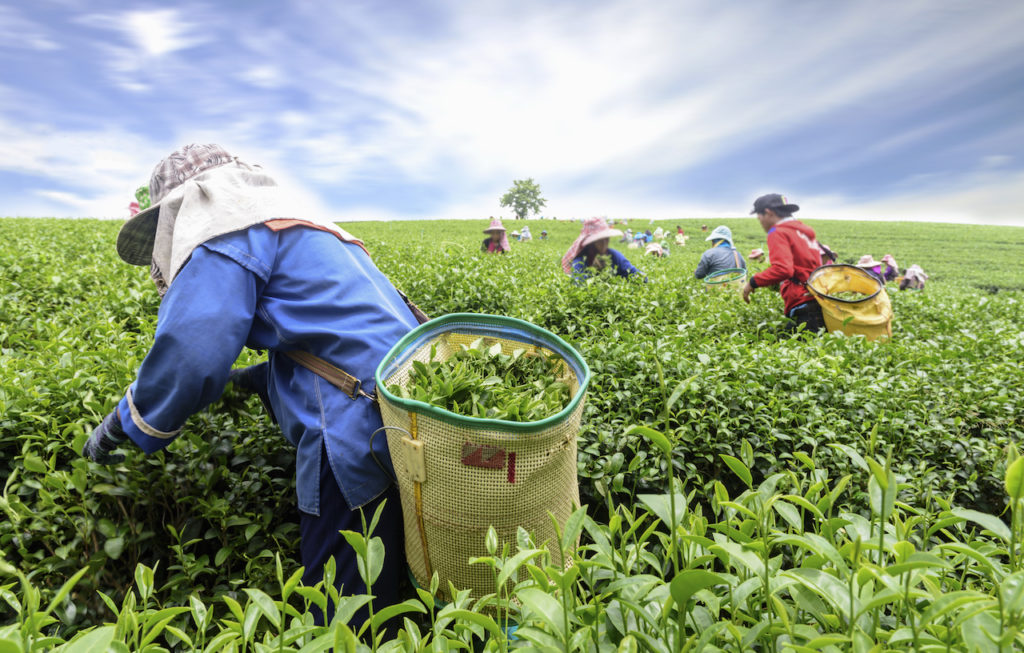Organic Tea Explained

What makes a tea organic?
Organic tea is free from human-made fertilisers, herbicides and pesticides. This is not only good for our insides but it is also good for the local wildlife, ecosystem, and in general, the planet.
Climate change
CO₂ emissions are having a critical impact on the planet. The IPPC’s (Intergovernmental Panel on Climate Change) recent report on climate change and the forthcoming COP26 (United Nations Climate Change Conference) highlight the desperate need for countries to set and achieve net zero emissions targets.
Without action we are looking at a bleak future.
Some of the world’s biggest tea-growing areas will be among the worst hit by extreme weather, and their yields are likely to be vastly reduced in the coming decades if climate breakdown continues at its current pace. Floods, droughts, heatwaves and storms are likely to have a severe impact on tea-growing areas around the world, according to a report from the charity Christian Aid.
The Guardian
Why organic tea is good for the planet
Organic tea farming helps reduce carbon emissions by creating healthy nutrient soil. This type of soil can store up to five times more carbon than our lovely forests. It helps prevent gasses from entering the atmosphere and adding to global warming.
Organic matter is able to break down naturally. They also use green manure and composting techniques.
Organic tea farmers are effectively feeding the soil, to feed the tea plant – on repeat.
It helps protect the ecosystem
Only natural pesticides can be used. Using ingredients such as citronella. This has a positive impact on local wildlife and also prevents any nasties getting into local water.
Traditional pesticides can make the water unsafe to drink. They can also kill marine wildlife and enter the food chain.
What are the other benefits?
As if we need more benefits? However, organic tea should also taste of a higher quality due to the natural processes used.
